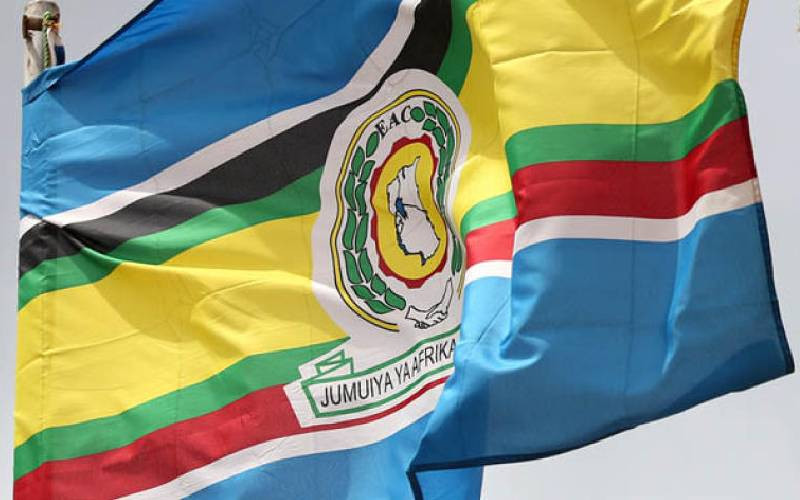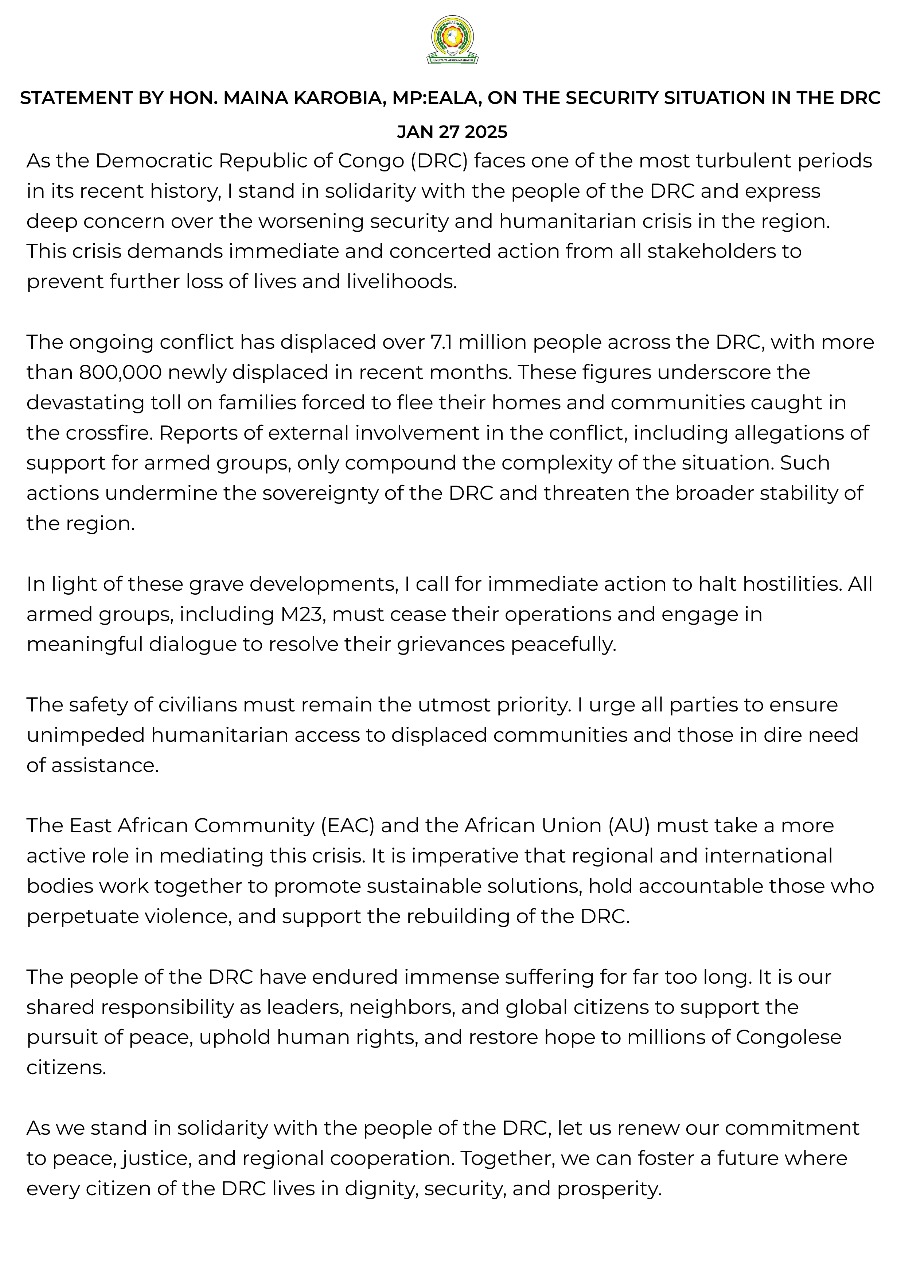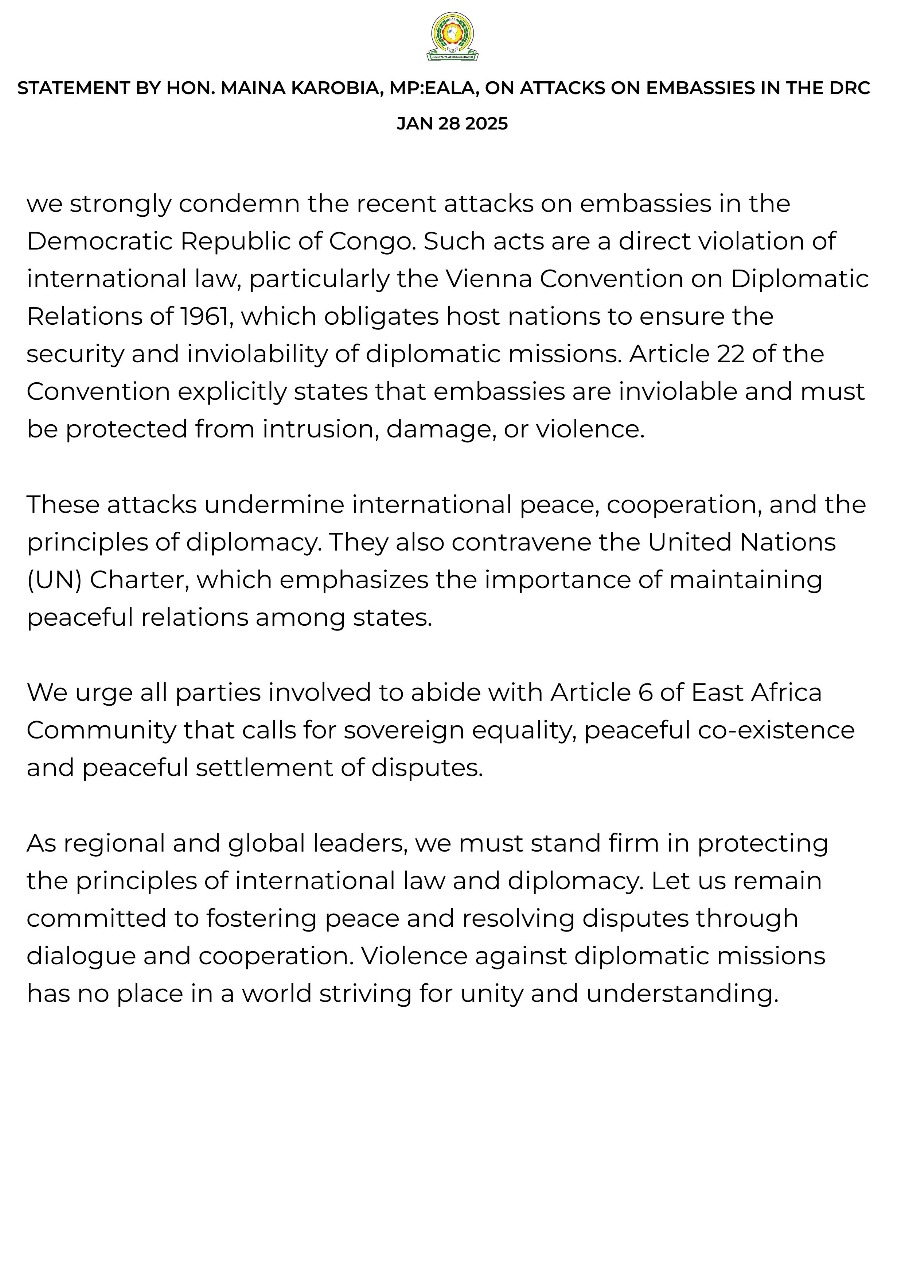Envision a united East Africa, where the unrestricted flow of goods, services, capital, and labour knows no boundaries.
Envision a realm where businesses flourish, consumers revel in cost-effective prices, and a diverse array of products and services enrich their lives. Imagine a region radiating prosperity, serenity, and security.
This united East Africa vision resonates deeply across the region, uniting diverse individuals who share a common dream. A united East Africa promises to be a formidable force for global good.
The United States and the East African Community (EAC) share compelling parallels, making a compelling case for political unification within the EAC. Foremost among these parallels are shared values.
The United States and EAC member states alike are founded upon the pillars of liberty, democracy, and the rule of law. These shared values form a robust foundation for political unification, embodying a collective aspiration for a brighter tomorrow.
Strong institutions stand as another cornerstone of similarity. The United States boasts a robust federal system of governance, proven effective in ensuring efficient administration. Similarly, the EAC must reinforce its regional institutions and mechanisms to champion equitable governance and representation.
Citizen participation emerges as a critical commonality. Both the United States and EAC member states boast vibrant traditions of democracy and active citizen engagement. The EAC must prioritise democratic processes and engage its citizens in decision-making. Economic integration serves as yet another vital similarity. The United States has forged a common market bolstered by a single currency, an aspiration that the EAC Common Market should ardently pursue.
Lastly, enhanced security and stability represent a final, fundamental parallel. The United States has historically enjoyed elevated security and stability, an achievement within reach for the EAC through political federation, solidifying a shared defence and security framework.
Political unification within the EAC would harness these shared values, robust institutions, citizen participation, economic integration, and heightened security and stability, creating a future characterised by unprecedented prosperity.
Boasting a collective GDP exceeding $240 billion and a population surpassing 300 million individuals, approximately a quarter of Africa’s total population, the EAC wields the potential to become a prominent economic powerhouse. A united East Africa could leverage its resources and size to achieve substantial economic growth, attracting increased investments and tourists. Consequently, this would foster job creation and elevate living standards across the region.
By fashioning a unified market for goods, services, capital, and labour, East Africa would provide an ideal environment for businesses to thrive, generating jobs and stimulating economic expansion.



